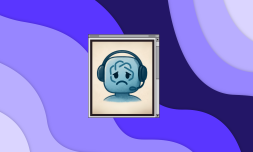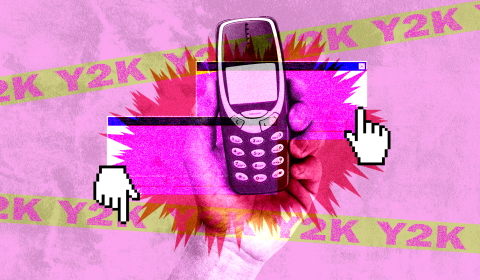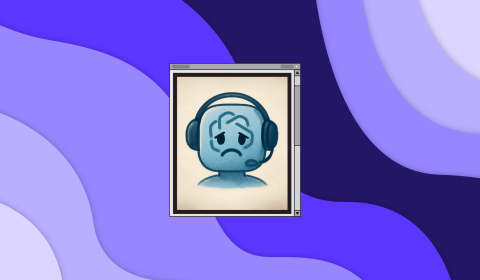seeking: a lifetime supply of melatonin.
![]()
‘Jessica, go to sleep!’
As a child, my mom would basically have to beg me to shut off for the evening. Winding down each night – closing my book, getting off the family computer, or switching off my GameBoy – was a routine I vehemently despised.
Why should I go to bed because everyone else is? I’m wide awake! This is prime ‘me time,’ baby!
It’s not that I didn’t love sleeping. I could’ve slept the whole weekend away if it was socially acceptable. I just loved having uninterrupted hours to do whatever while everyone else was quietly snoozing. I’d lose myself more imaginatively in a book, write more honestly in my journal, beat levels in games quicker. Just me and my fun little activities all night long.
Even in adulthood, little has changed. It’s not uncommon for me to stay up until 3am, determined to finish a novel or essay I started that day. Other times, I’ll take a deep dive into geopolitics, psychology, or ‘Rihanna’s incredible vintage bag / watch collection’, only to check my own clock and realise I have 4 hours until I need to be up for work. It’s great until it’s not.
Although the term ‘night owl’ is a pretty cutesy phrase to describe those who prefer to be active late at night and into the early morning, this preference for nighttime is unbelievably impractical. As a result, I – like most night owls – struggle immensely with waking up.
A couple years ago, footballer (and fashion legend) Héctor Bellerín recommended the book Why We Sleep by Matthew Walker1 on his Instagram. Determined to start valuing a decent bedtime routine, I read the overview, and decided to picked it up.
Before you’re even past the first chapter, Walker hits you with ‘facts’ about how poor sleep cuts years off your life, causes various diseases, and can ultimately kill you. Needless to say, it sparked so much sudden anxiety around my poor sleeping habits that I stopped there, never to return. Thanks for nothing, Mr. Matthew.

Not long after, I stumbled upon a Twitter thread and discovered that there’s loads of people around the world who have a habit of avoiding sleep. Users explained how they couldn’t stop engaging in ‘revenge bedtime procrastination’ no matter how tired they were during the day.
The phrase originates from a Chinese expression which refers to consciously delaying your own bedtime. The reason? Regaining freedom you may not have during the day due to school, work, or family obligations, despite recognising that sleep deprivation is inevitable. Sleep procrastination is the rebellious act of taking back your personal time, even at your own detriment.
Doing more research on the topic, it’s apparent that people with ADHD are more likely to do this, because they naturally seek out dopamine-producing activities. When daytime routines aren’t providing enough stimulation, individuals stay awake well into the night, pursuing their own interests to make up for it.
Of course, this is a double-edged sword.
















 With the world hyper-focused on football transfer news, the Coldplay concert cheating scandal, and other genuinely grim world developments, I thought it might be nice to use this edition to focus on exciting news in technology, science, health, and wellness. In other words, the stories that’ll likely get buried in your timeline.
To provide...
With the world hyper-focused on football transfer news, the Coldplay concert cheating scandal, and other genuinely grim world developments, I thought it might be nice to use this edition to focus on exciting news in technology, science, health, and wellness. In other words, the stories that’ll likely get buried in your timeline.
To provide...


 Welcome back to another juicy Tuesday newsletter. It’s a pleasure to have you with us! There’s a lot of ground to cover today, so whether your interest is in culture, tech, health, or politics - there’s something for you here.
From Gen Z’s unique travel habits to what we’re missing with the ‘decenter men’ movement, the internet’s new ‘fibremaxxing’ trend, the...
Welcome back to another juicy Tuesday newsletter. It’s a pleasure to have you with us! There’s a lot of ground to cover today, so whether your interest is in culture, tech, health, or politics - there’s something for you here.
From Gen Z’s unique travel habits to what we’re missing with the ‘decenter men’ movement, the internet’s new ‘fibremaxxing’ trend, the...
